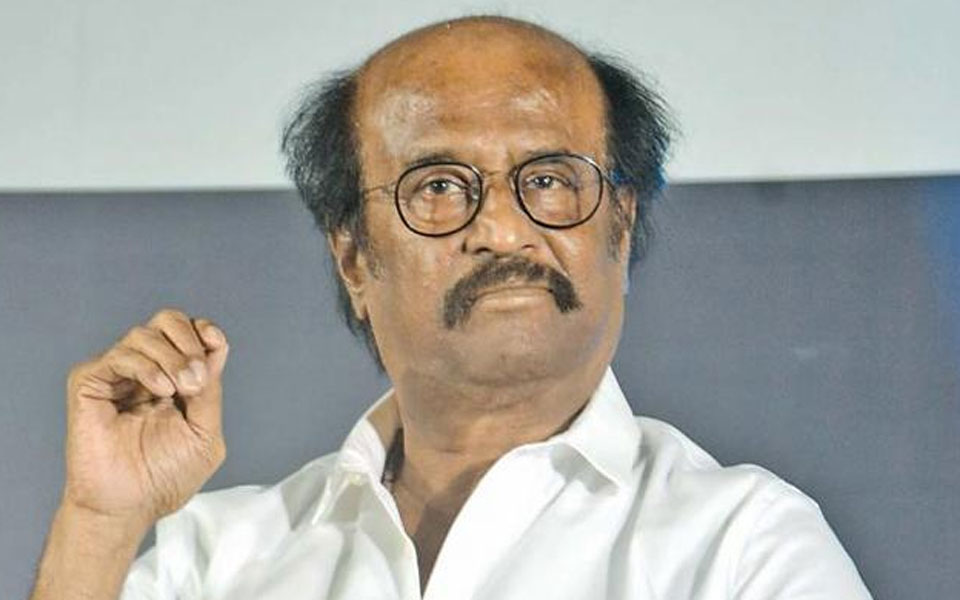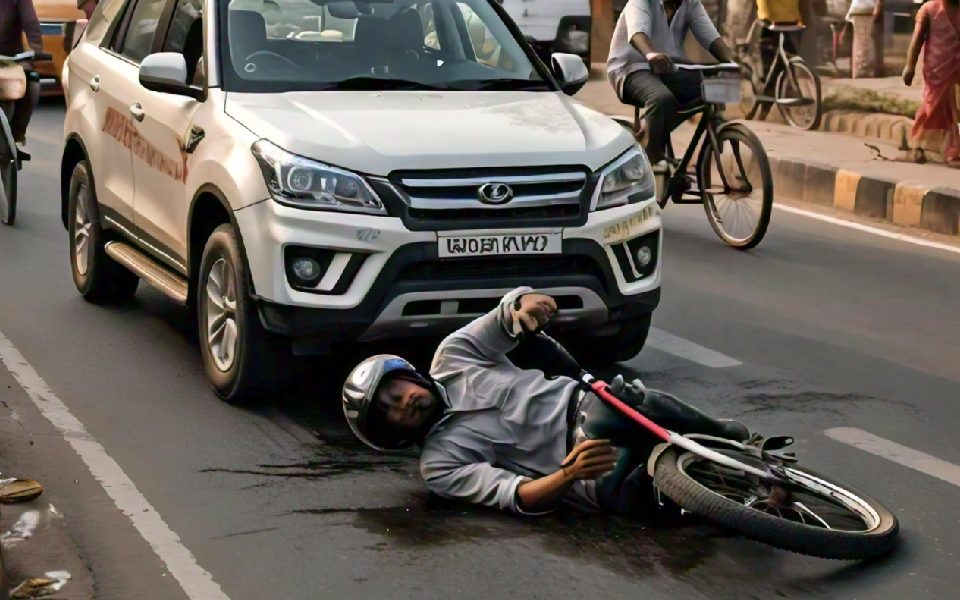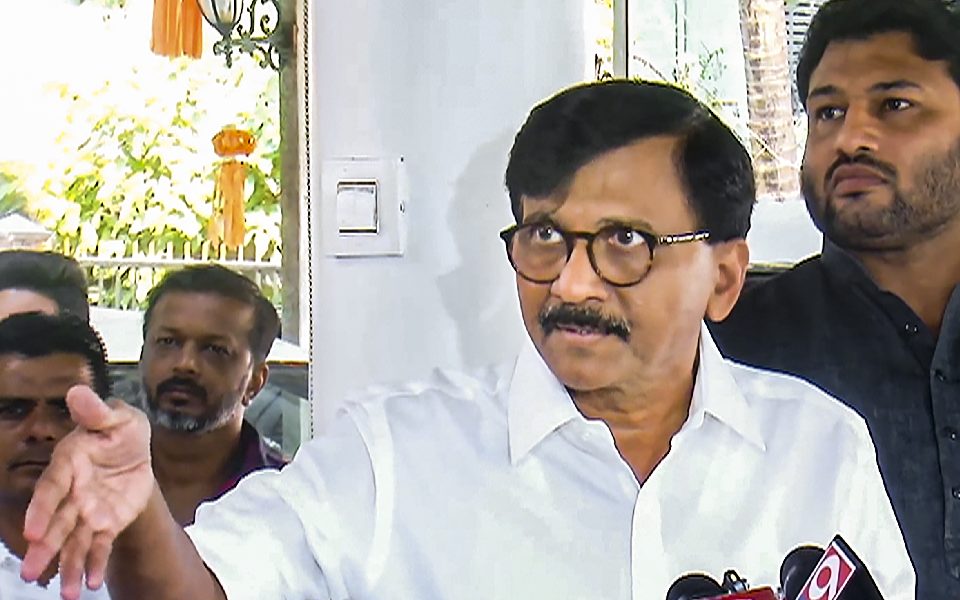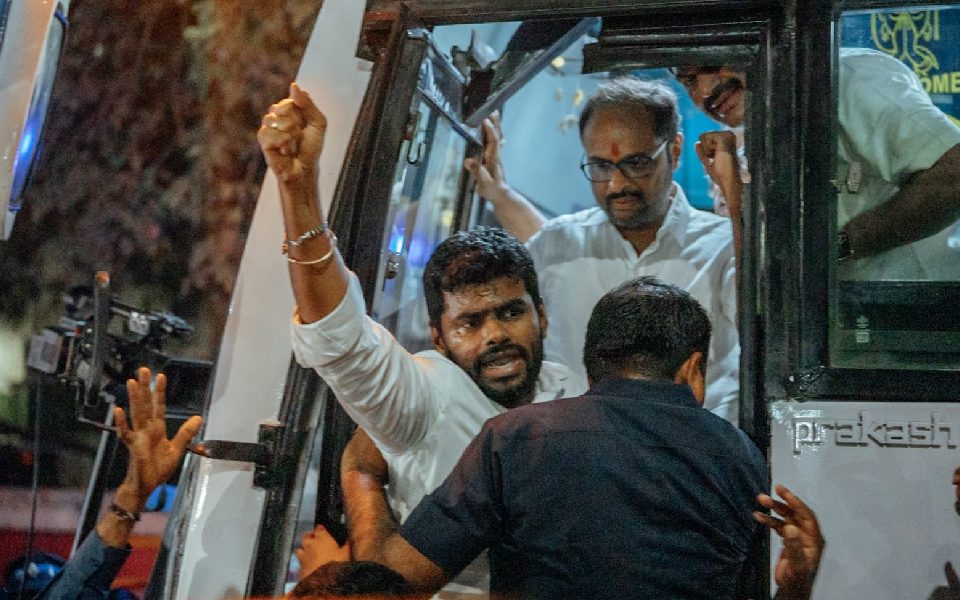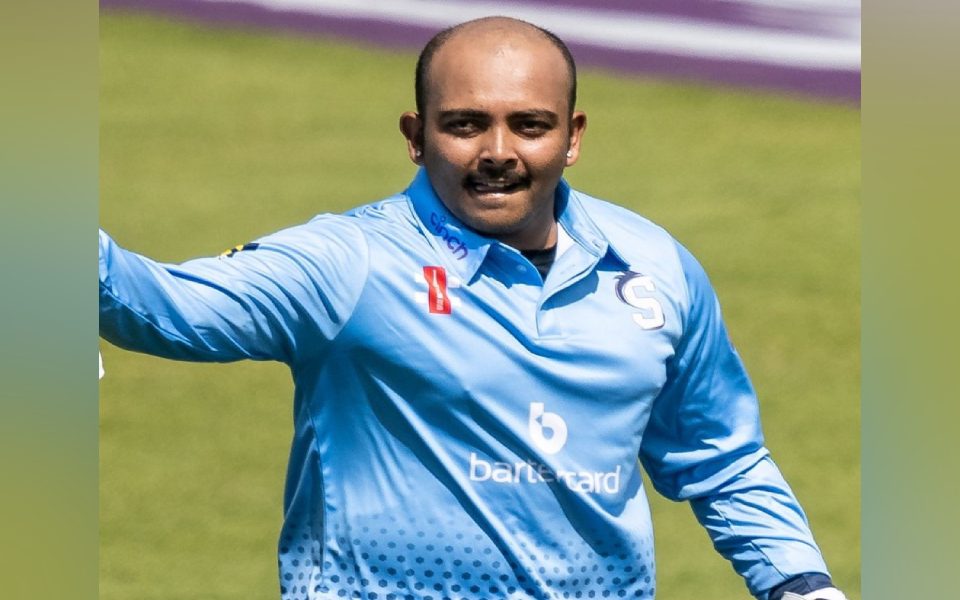Chennai,Nov 14: Slamming Tamil superstar Rajinikanth for his remarks that Prime Minister Narendra Modi seemed to be a "strong" man electorally, the ruling AIADMK Wednesday said people would decide who is "strong" and "weak" during elections as they were the "reviewing authorities."
Senior AIADMK leader and state Fisheries Minister D Jayakumar was responding to Rajinikanth's statement Tuesday that Prime Minister Modi seemed to be a "strong" man electorally, which was evident from a mega alliance trying to shape up against the BJP-led NDA government at the Centre.
"Whether strong or weak, election is the answer for that. People review us....they are the reviewing authorities for every party. They will decide, not you and me," he told reporters here.
People would review the AIADMK MPs' performance in next year's Lok Sabha polls, as well as during the assembly elections in 2021, he added.
Supporters of respective parties may say good things about their party led governments, but people would "assess" their performance, especially during elections, he said.
"We may say that our children are good, but it is the teacher/headmaster who assesses their activities. The people are those teachers/headmasters," he added.
Rajinikanth's remarks had come amid speculation that opposition parties were looking at a mega coalition against the Modi government for the 2019 Lok Sabha polls.
"When 10 persons go against one person, who is stronger? Those 10 or the person they are aligning against? If 10 persons declare a war against one man, who is stronger?," he had asked when questioned on the possibility of such an opposition alliance.
Asked if Modi was "stronger" and whether this was what he implied through his statement, the actor said he "can't be more clear".
Jayakumar, responding to the political developments in neighbouring Sri Lanka, said one cannot interfere in the internal affairs of another country.
However, considering the overall welfare of minority Tamils, "our umbilical chord relations", was important, he said.
Sri Lanka's Parliament on Wednesday passed a no-confidence motion against Prime Minister Mahinda Rajapaksa who was installed by President Maithripala Sirisena in a controversial move.
Let the Truth be known. If you read VB and like VB, please be a VB Supporter and Help us deliver the Truth to one and all.
Bahraich(UP), Dec 20: A government vehicle belonging to the tehsildar of Nanpara hit a biker and allegedly dragged his body for 30 kilometers.
The victim, identified as Narendra Kumar Haldar (35), a resident of Payagpur, was returning home when the accident occurred on the Nanpara-Bahraich road on Thursday evening. According to police, Haldar's body got entangled in the vehicle and was dragged for the entire distance, reaching the Nanpara Tehsil.
Naib Tehsildar Shailesh Kumar Awasthi, who is believed to be present in the vehicle at the time of the accident, has been recommended for suspension by District Magistrate Monika Rani. The vehicle's driver, Meraj Ahmed, has been arrested. Superintendent of Police Vrinda Shukla confirmed the incident and said, "It was confirmed that the body was dragged for 30 kilometers to Nanpara when the locations of the deceased Narendra Haldar and the tehsildar's driver Meraj Ahmed were tracked at the time of the accident."
Stating that the incident was a "big negligence", the officer added, "It is very unlikely that a body was stuck in the vehicle for 30 kilometers and no one came to know about it. It is possible that the vehicle was not stopped due to fear."
The officer said that a thorough investigation is underway to determine the exact circumstances of the accident. "Police are examining CCTV footage along the 30-kilometer route to reconstruct the sequence of events," said the SP.
In the police complaint lodge regarding the matter, the family members of the deceased have mentioned the vehicle of the tehsildar, police said.
District Magistrate Monika Rani said, "The matter of a car colliding with a bike came to notice. The Naib Tehsildar of Nanpara had come to Bahraich in the Tehsildar's car for some work and was returning to Nanpara. It has been learnt that a dead body got stuck with his car that drove till Nanpara Tehsil. According to the naib tehsildar, he was not aware of it. A recommendation has been made to suspend the naib tehsildar who was in the car."

